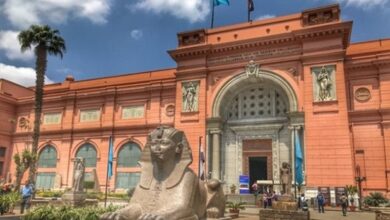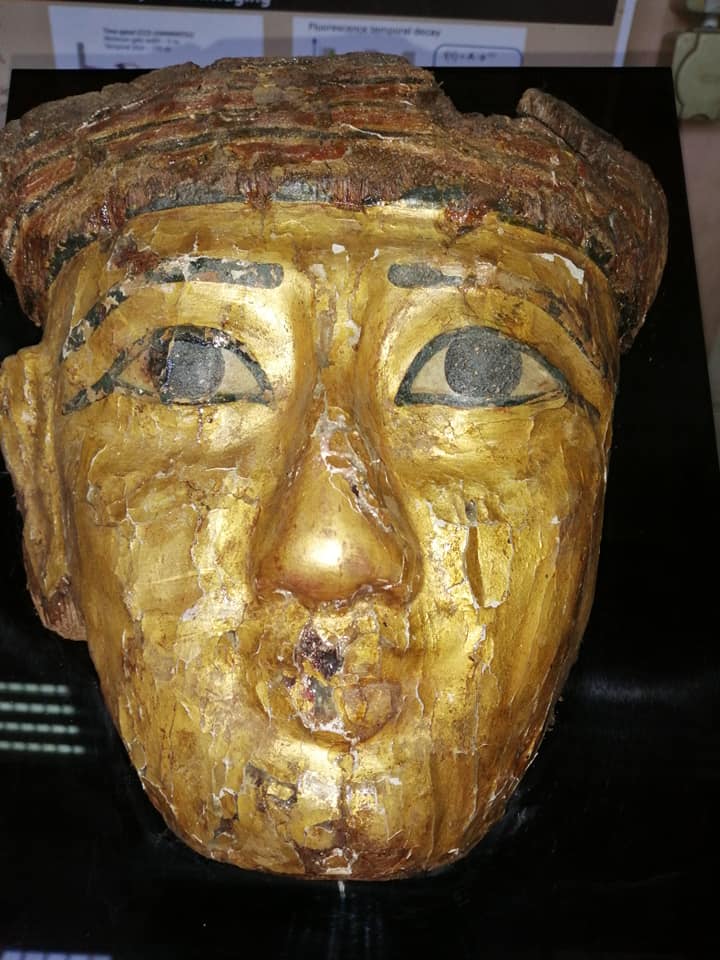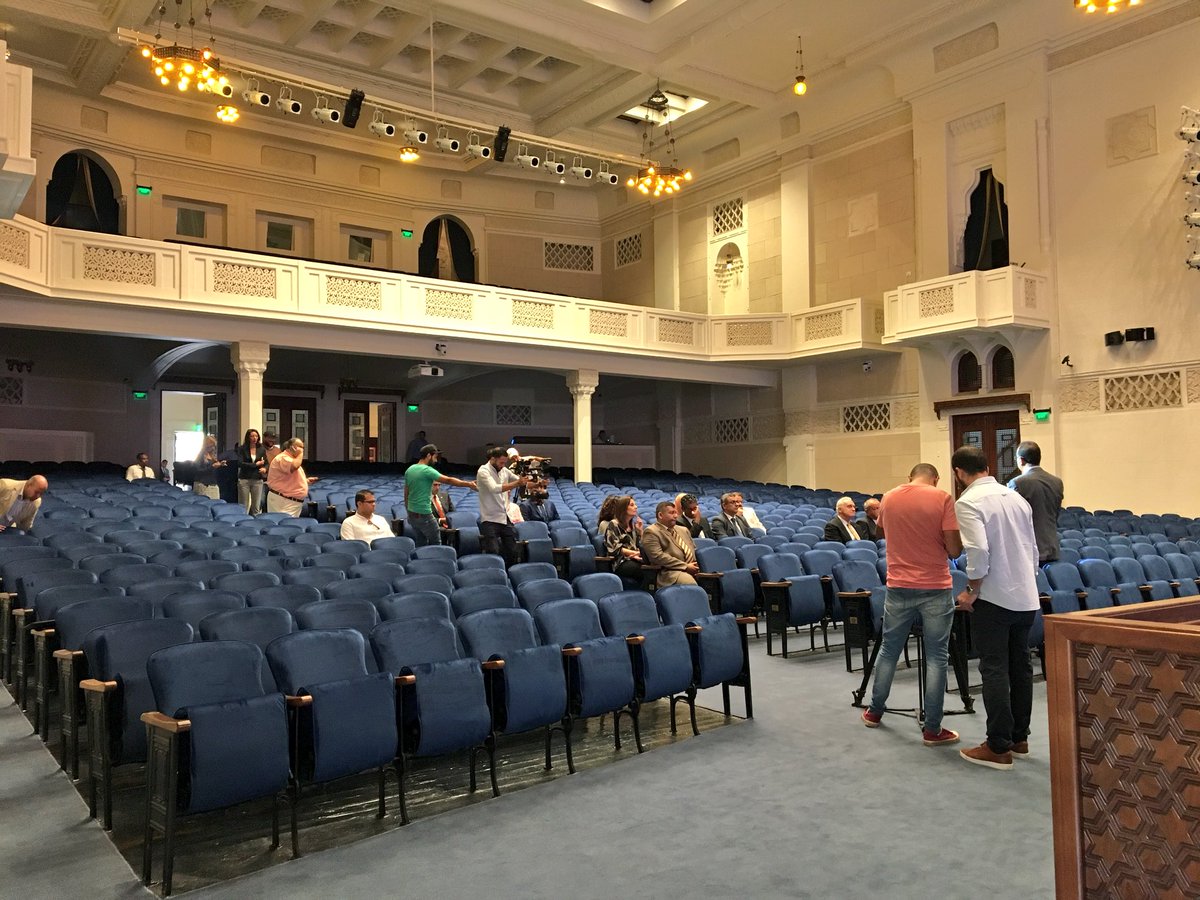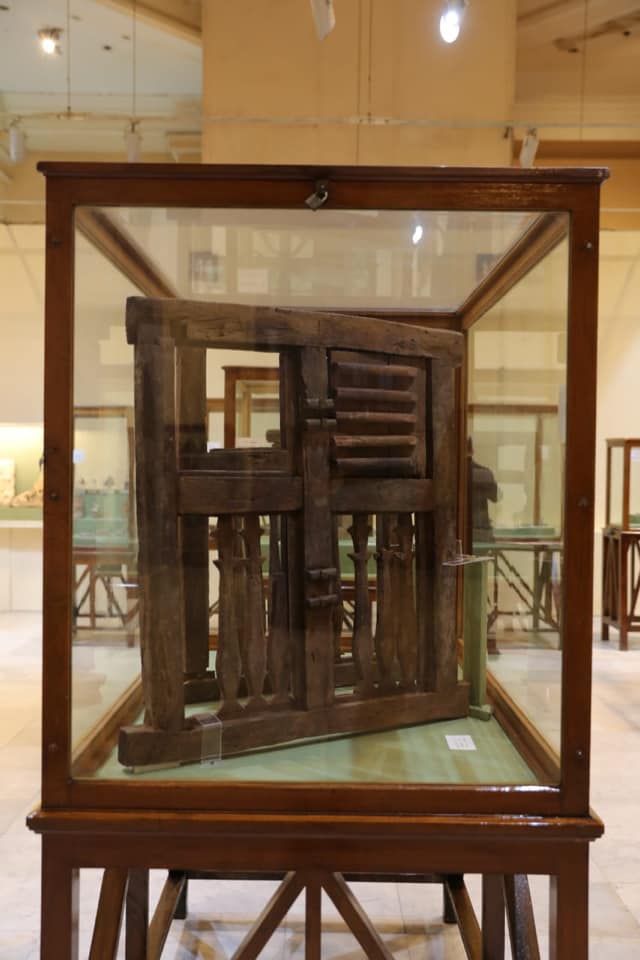As Egypt heads towards organizing a second Friday of Anger, Thursday’s paper try to give a balanced coverage of the event, which has caused deep divisions within the country political landscape.
Facebook pages called for organizing massive protests from mosques in what’s dubbed the "second revolution" in order to urge the nation’s military rulers to accelerate political and institutional reforms.
The Supreme Council of the Armed Forces (SCAF) has ruled the country since the end of the 18-day uprising that ousted former president Hosni Mubarak on 11 February and resulted in the deaths of 846 protesters, according to official numbers. Since then, the SCAF has faced sharp criticism over how it is running the country.
State-run Al-Akhbar analyses the current political situation by saying that for the first time since the revolution, a deep divisions are occurring among political movements that spearheaded the uprising.
Al-Ahram says that around 40 political movements have declared their intention to participate in the event, while 12 political movements would boycott it.
Privately owned Al-Shorouk highlighted some of protesters’ demands, such as having a civilian presidential council instead of SCAF rule the country.
Another demand is canceling the Interim Constitutional Declaration and calling for the establishment of a committee to draft a new constitution.
After the revolution, SCAF suspended the 1971 Constitution and appointed an 8-member Constitutional Drafting Committee (CDC) to draft constitutional amendments in preparation for parliamentary and presidential elections.
In March, the amendments were accepted in a public referendum. Later, SCAF issued an Interim Constitutional Declaration.
The demands also include ending the use of military tribunals for trying civilians, replacement of governors and the dissolution of the local councils, according to the paper.
In addition, revolutionarily groups demand that the military backed interim government crack down on corruption in state institutions while putting Mubarak, his family and his aides on trial.
However, other political movements cast doubts over the protests’ timing.
Privately-owned Al-Shorouk highlighted that the Muslim Brotherhood (MB), the biggest political group in the country, decided to boycott the “Second Friday of Anger."
The paper says that the MB fears that demonstrations planned for Cairo's Tahrir Square would turn to an open sit-in.
“Calling for a new constitution is an illegitimate attempt to cancel the (results) of the constitutional amendments,” says the paper.
In a statement on Wednesday, the MB said, “We look on with great concern at the call for next Friday’s event, which was dubbed 'The Second Revolution' or the 'Revolution of Anger,' and we wonder who is this anger being directed towards and who are the people being directed to revolt against this time?”
The demand of putting Mubarak on trial has already been met, but activists say that they are determined to call for a big turnout to Tahrir Square.
Political activist Abdel Ghafar Shoker told Al-Shorouk that the decision to try Mubarak is evidence that exerting pressure on SCAF is a fruitful strategy.
On Tuesday, Egypt's public prosecutor referred former president and both his sons to a criminal court. According to Al-Akhbar, the former president faces five different charges.
Killing protesters, abusing power, squandering public funds, profiteering and illegally allocating lands to his close friend businessman Hussein Salem, are charges mentioned by the paper.
Al-Akhbar runs exclusive coverage of evidence against the deposed president, saying that former vice president Omar Suleiman’s testimony to prosecutors confirms that Mubarak was involved in killing protesters.
According to the paper, Suleiman told prosecutors that Mubarak was fully aware of bullets fired at protesters, and he did not object.
The paper also revealed the testimony of former South Sinai Governor Mamdouh Zuheiry in which he alleged that Salem sold the deposed president land worth 50 million pounds for 500 thousand pounds.
Egypt's papers:
Al-Ahram: Daily, state-run, largest distribution in Egypt
Al-Akhbar: Daily, state-run, second to Al-Ahram in institutional size
Al-Gomhurriya: Daily, state-run
Rose al-Youssef: Daily, state-run
Al-Dostour: Daily, privately owned
Al-Shorouk: Daily, privately owned
Al-Wafd: Daily, published by the liberal Wafd Party
Al-Arabi: Weekly, published by the Arab Nasserist party
Youm7: Weekly, privately owned
Sawt al-Umma: Weekly, privately owned




